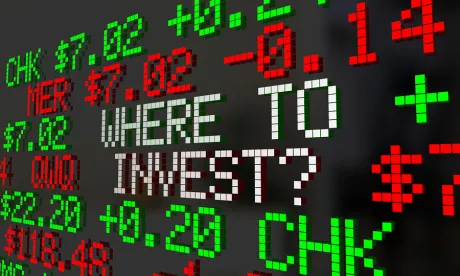On October 26, 2017, the Securities and Exchange Commission ("SEC" or the "Commission") staff issued three no-action letters to help broker-dealers, investment advisers and investment companies comply with the European directive known as MiFID II ("MiFID II" or the “Directive”) as it pertains to payment for research with minimum disruption to their business models in the United States.
Under the no-action letters the SEC staff will not recommend enforcement action against the following:
-
A broker-dealer that sells research to an investment manager subject to MiFID II without complying with the Investment Advisers Act of 1940 (the "Advisers Act");
-
A money manager that relies on Section 28(e) of the Securities Exchange Act of 1934 (the "Exchange Act") to pay for brokerage and research services while complying with the side-by-side payment mechanism under the Directive;
-
An adviser complying with MiFID II that relies on previous no-action relief from Section 17 and Rule 17d-1 of the Investment Company Act of 1940 (the "Investment Company Act") and Section 206 of the Advisers Act to aggregate orders for client accounts.
All letters took effect on January 3, 2018. Relief under the SIFMA Letter was offered on a temporary basis, for 30 months ending July 3, 2020, to allow the SEC staff time to study the effects of MiFID II on the market for research and to determine whether another approach, including rulemaking, may be warranted. The Commission solicited public comment during this period to assist in its deliberation.
This special report discusses some of the more important issues raised by the letters.






 />i
/>i
